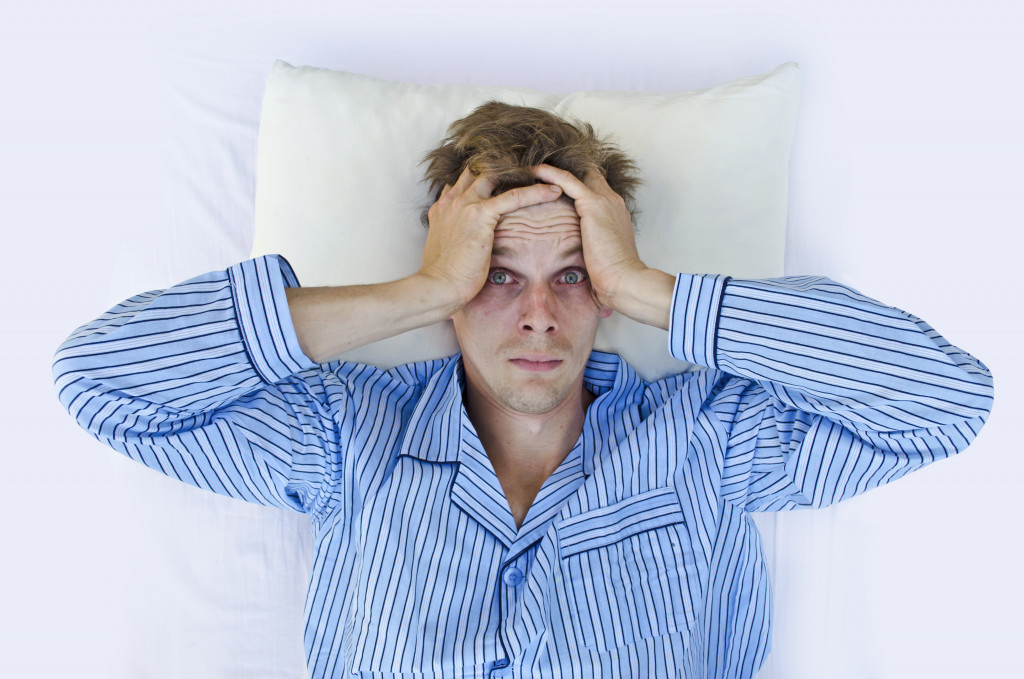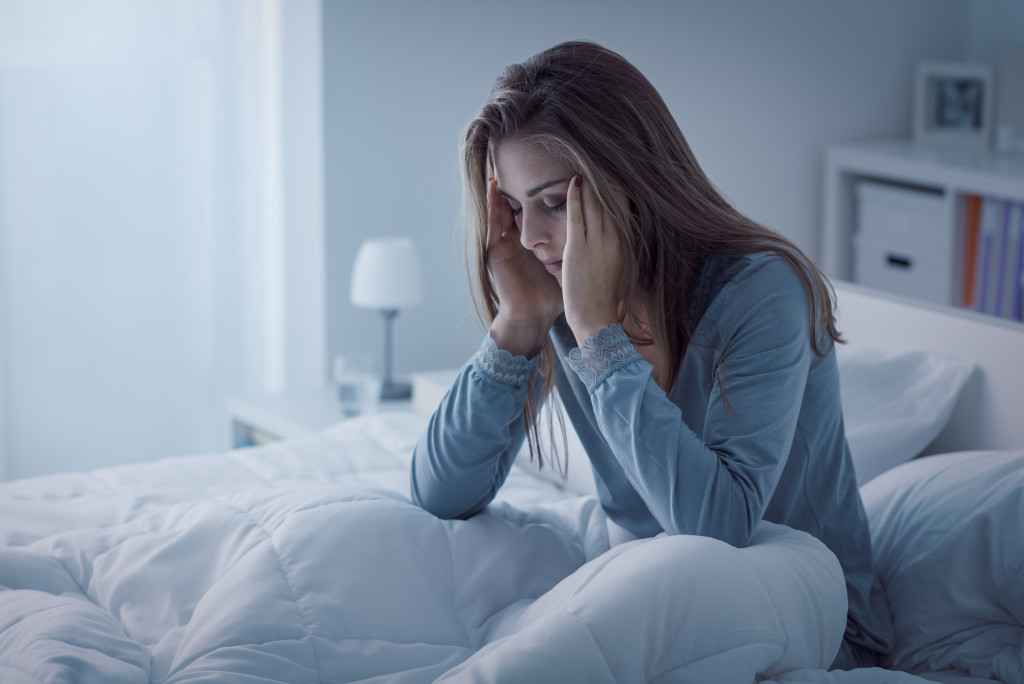It is clear that sleep plays an essential role in your overall physical health. Getting enough rest helps you to stay alert, improves cognitive performance, and supports a healthy immune system. But its importance doesn’t end there. Sleep is also essential for your mental health. It assists with emotional regulation, allows for the reorganization of memories, and provides the opportunity to rest from the stresses of everyday life. It is clear that getting the desired amount of sleep each day should be a priority.
However, it’s not always easy to achieve quality sleep each night. Millions of people face a range of issues that make it hard for them to fall asleep, stay asleep, or wake up feeling rested. So what exactly are these issues that can impact the quality of your sleep? And what can you do to overcome them and achieve better rest each night? In this blog, you’ll learn about some of the most common sleep problems and discover strategies for improving your quality of sleep:
Too much caffeine
Everyone loves a good cup (or two) of coffee in the morning, but drinking caffeine too late in the day can keep you wired when you should be winding down. Try to avoid caffeine after lunchtime or limit yourself to one cup of coffee per day if you’re feeling particularly sleepy-eyed.
But if you absolutely must have coffee, try going for decaf options or try out some alternatives to coffee, such as green tea or black tea. These options can still provide you with a caffeine boost without the jitters.
Blue light from electronics
The blue light emitted from electronics like your phone, laptop, and TV can disrupt your body’s natural circadian rhythm—the internal clock that tells us when it’s time for bed. Turn off your devices at least an hour before bedtime, and try reading a book instead.
To prevent yourself from quickly getting and turning on your phone again, set a specific bedtime alarm to remind you that it’s time for bed. This will help to trigger your sleepy brain so you stop reaching for your phone and stay in bed instead. However, if you really need to use your phone, there are apps available that can help filter out the blue light so you won’t be kept up all night by your glowing screen.
Not enough exercise
Exercise has been proven to help people fall asleep faster and stay asleep longer than those who don’t exercise regularly. Even something as simple as taking a 20-minute walk every evening can make a difference in the quality of your sleep.
However, it would be much better if you made exercise a habit by incorporating it into your daily routine. That way, you’d be less likely to skip your workout if you don’t have time one day or find yourself too tired to go to the gym after a long day at work. So find an exercise that you enjoy and try fitting it in wherever you can, whether that’s during your lunch hour, at the gym before work, or after dinner.
Inconsistent bedtime routine

Just like kids need regular wake-up times and bedtimes, so do adults! Try your best to stick to a consistent nightly routine that helps relax your mind and body so that you can drift off into dreamland easily each night.
To do this, try dimming the lights in your home an hour before bedtime, giving yourself time to wind down with a cup of herbal tea and some soothing music. And if you have trouble falling asleep quickly, try practicing relaxation techniques like deep breathing exercises or meditating for 15-20 minutes before bed.
Teeth grinding
Wake up with a sore jaw or headaches in the morning? Teeth grinding, also known as bruxism, is common at night and can lead to dental issues like chipped or cracked teeth. To address this issue, visit a dentist to evaluate your teeth and look for an effective solution that will minimize the impact of grinding.
For example, the dentist might suggest that you wear occlusal splints. These specialized mouthguards are designed to minimize pressure on your jaw and can help reduce the effects of teeth grinding while you sleep. This will help ensure that you can achieve quality sleep every night.
Achieving quality sleep every night isn’t impossible—all it takes is making small changes like avoiding caffeine late in the afternoon and creating an evening routine that works for you! If nothing seems to work after trying these tips, consider speaking with a doctor or health professional who may be able to pinpoint what’s really keeping you up at night – literally! With these changes in place, achieving restful nights will become much easier over time, so don’t give up hope just yet!

